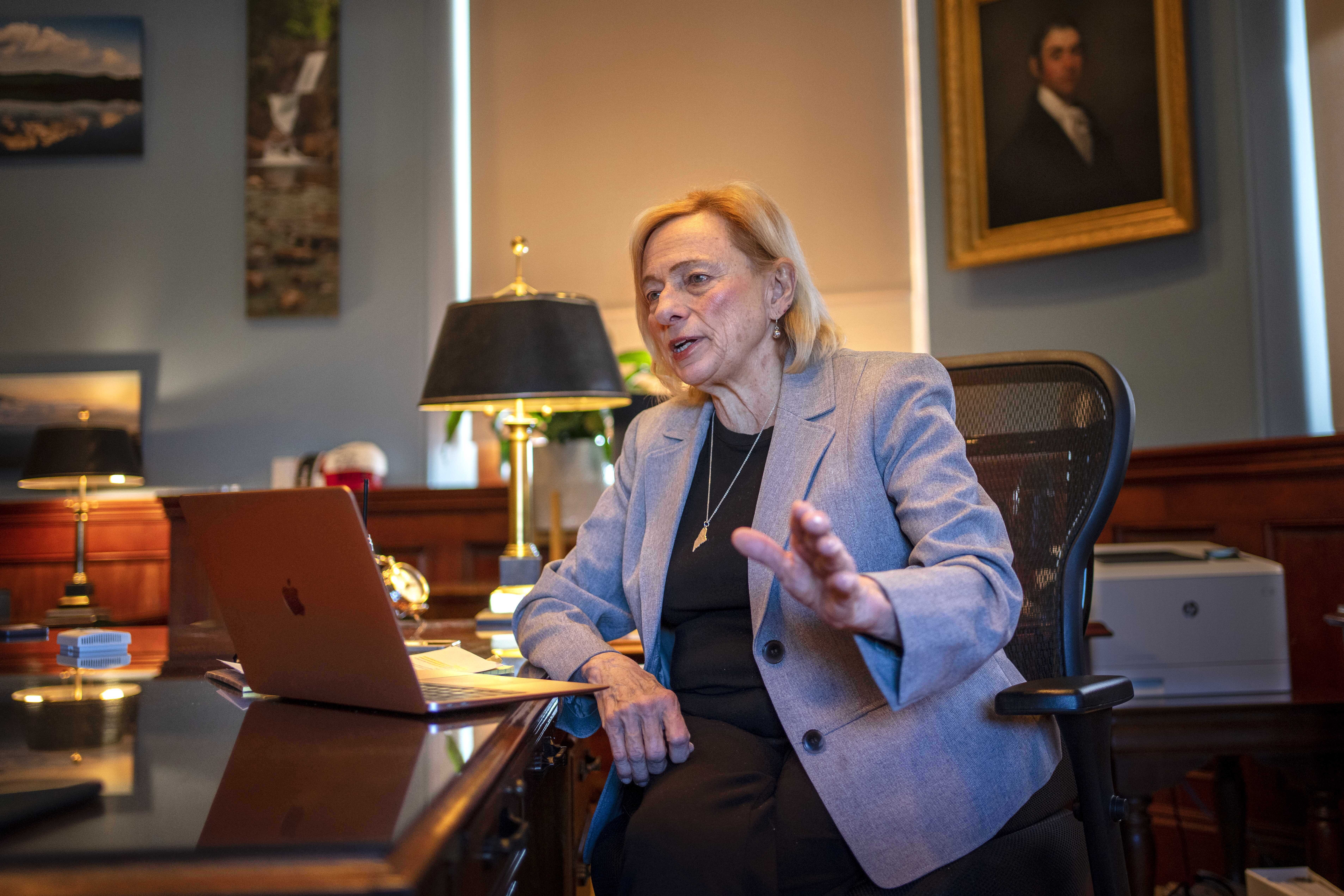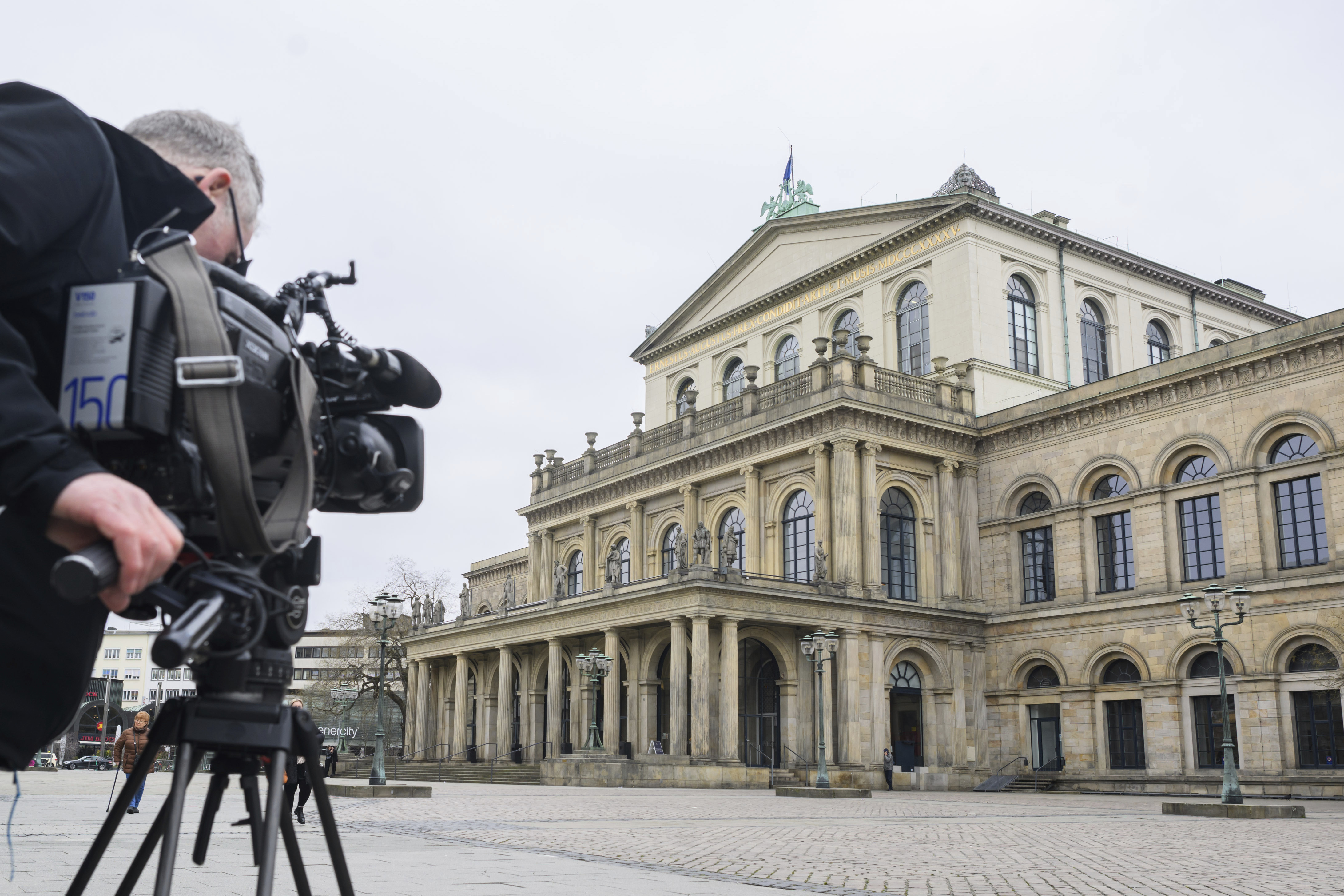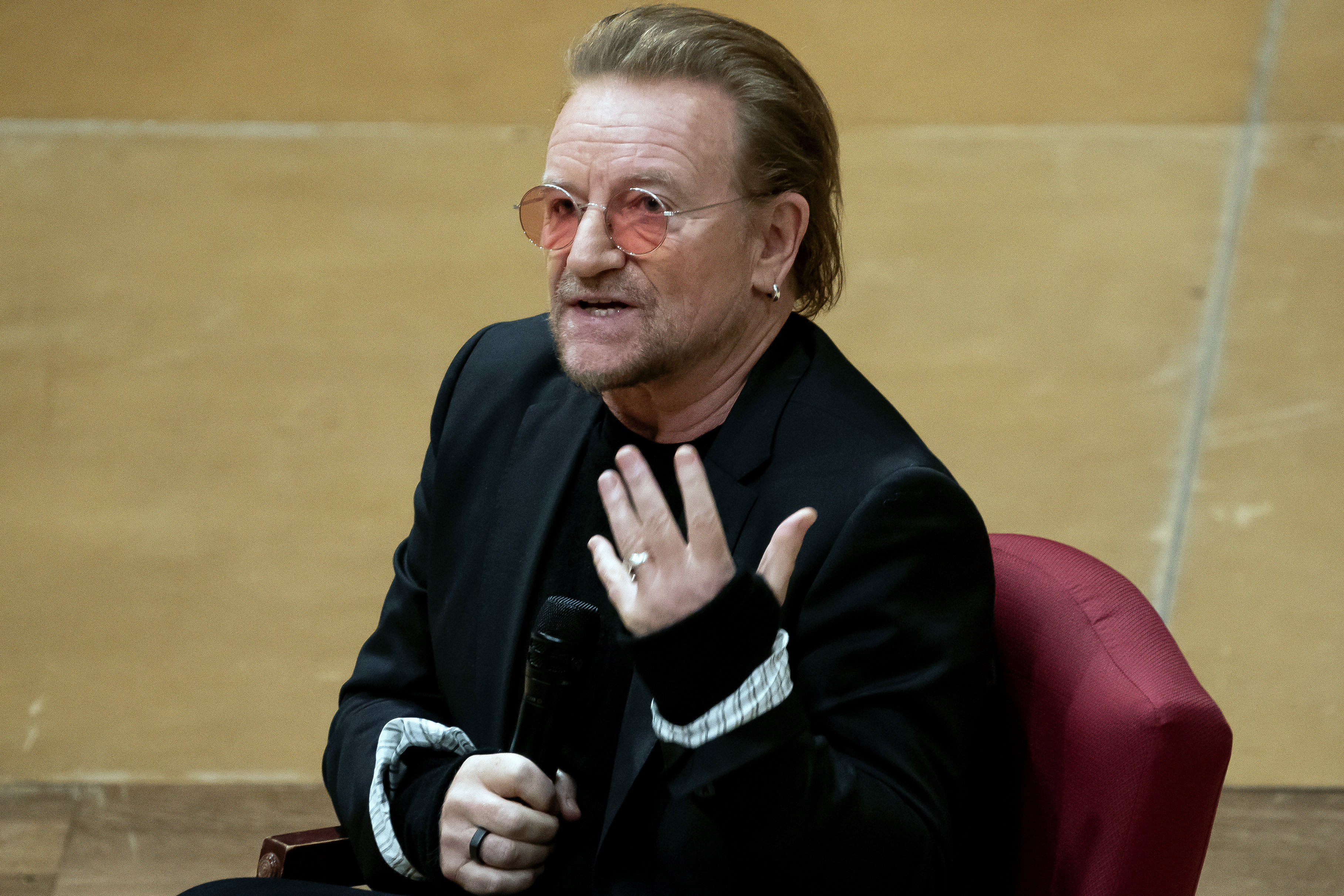WASHINGTON (NEXSTAR) — After five months of frustration, the FBI was able to successfully crack into phones belonging to the Pensacola Naval Air Station shooter, U.S. officials announced Monday.
Attorney General William Barr said the FBI was finally able to unlock the two iPhones belonging to Mohammed Saeed Alshamrani.
The Saudi Air Force 2nd Lieutenant was an aviation student at Pensacola Naval Air Station last December when he opened fired in a classroom, killing three U.S. sailors and injuring eight others.
“We now have a picture of him that we didn’t have before this evidence,” FBI Director Christopher Wray said Monday.
Wray said the information on the phones provided important evidence. The phones confirmed Alshamrani’s had ties to Al-Qaeda not only prior to the attack in December but even before he arrived in the US.
“He wasn’t just coordinating with the planning and tactics. He was helping the organization make the most it could out of his murders,” Wray added.
Barr said the U.S. used the information in the phones for a “recent” counterterrorism operation in Yemen that targeted one of the Alshamrani’s Al Quaeda contacts.
Both Barr and Wray took aim at Apple during their Monday morning news conference.
“We received effectively no help from Apple,” Wray added.
Wray said Apple’s unwillingness to unlock the contents of the phones wasted precious months in the investigation.
Barr said Apple should start cooperating with U.S. law enforcement.
“For the safety and security of our citizens,” Barr added.
Apple released the following statement Monday night:
“The terrorist attack on members of the US armed services at the Naval Air Station in Pensacola, Florida was a devastating and heinous act. Apple responded to the FBI’s first requests for information just hours after the attack on December 6, 2019 and continued to support law enforcement during their investigation. We provided every piece of information available to us, including iCloud backups, account information and transactional data for multiple accounts, and we lent continuous and ongoing technical and investigative support to FBI offices in Jacksonville, Pensacola and New York over the months since.
On this and many thousands of other cases, we continue to work around-the-clock with the FBI and other investigators who keep Americans safe and bring criminals to justice. As a proud American company, we consider supporting law enforcement’s important work our responsibility. The false claims made about our company are an excuse to weaken encryption and other security measures that protect millions of users and our national security.
It is because we take our responsibility to national security so seriously that we do not believe in the creation of a backdoor — one which will make every device vulnerable to bad actors who threaten our national security and the data security of our customers. There is no such thing as a backdoor just for the good guys, and the American people do not have to choose between weakening encryption and effective investigations.
Customers count on Apple to keep their information secure and one of the ways in which we do so is by using strong encryption across our devices and servers. We sell the same iPhone everywhere, we don’t store customers’ passcodes and we don’t have the capacity to unlock passcode-protected devices. In data centers, we deploy strong hardware and software security protections to keep information safe and to ensure there are no backdoors into our systems. All of these practices apply equally to our operations in every country in the world.”










